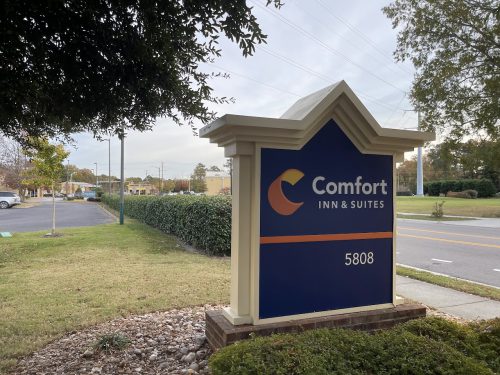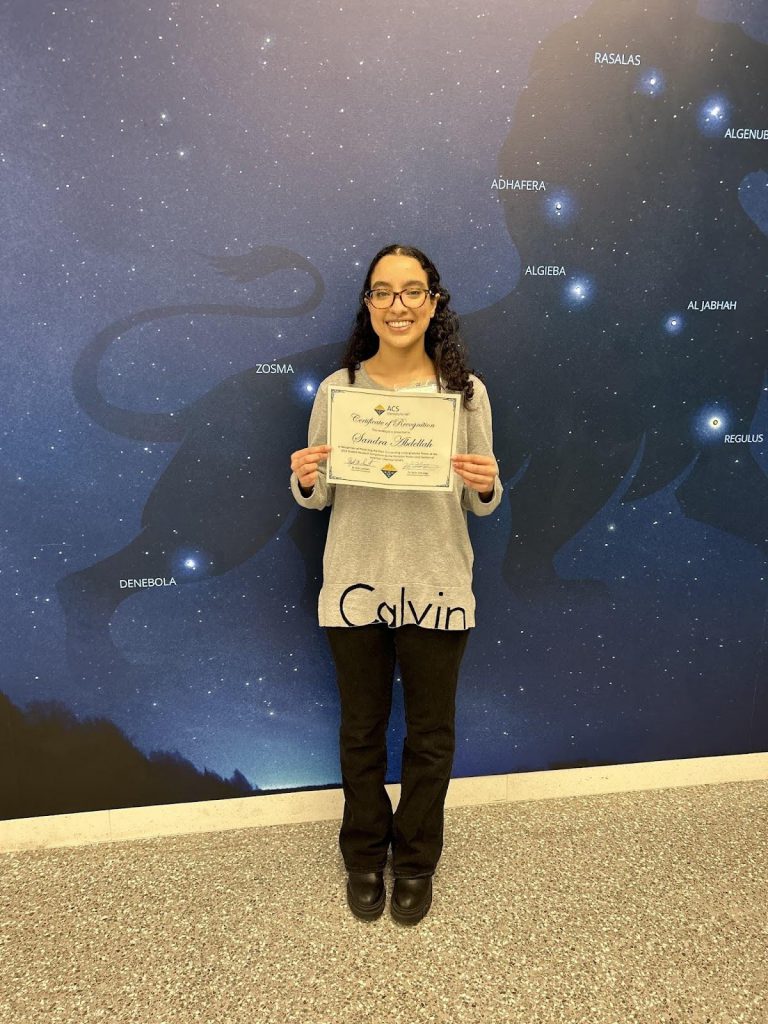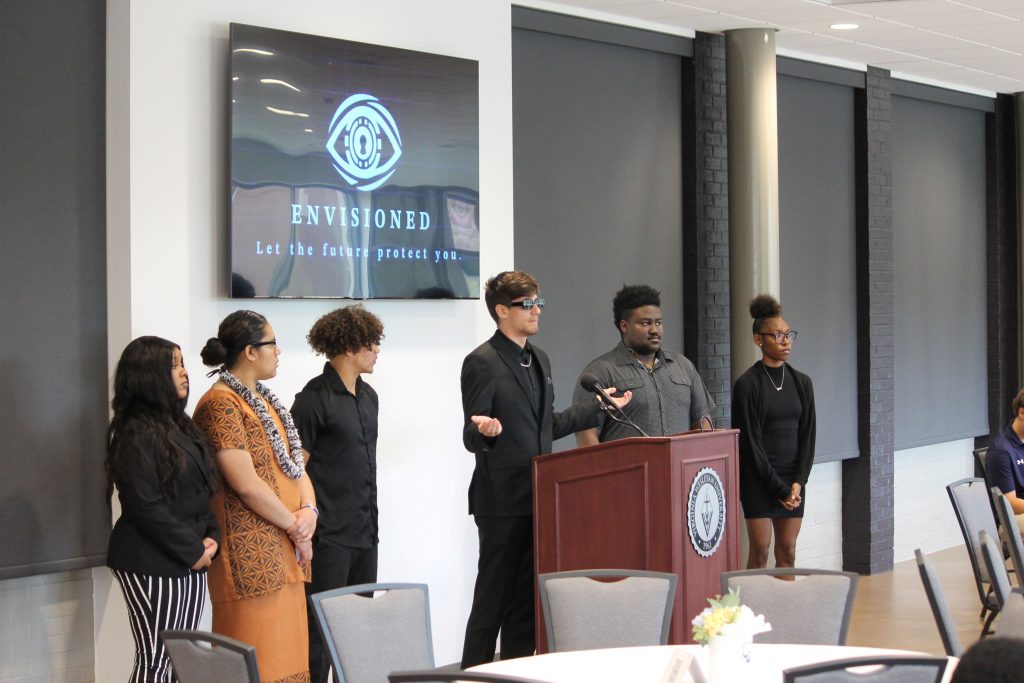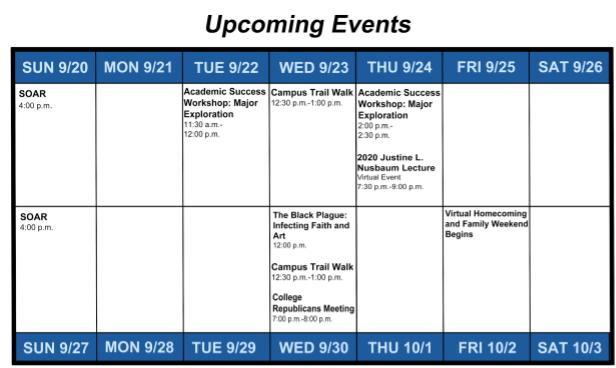Featured Image: Ross Winner | Marlin Chronicle
Several Virginia Wesleyan students live in a Comfort Inn roughly a five-minute drive from campus, and have for the entire semester. Northampton Housing, as Virginia Wesleyan University labels it, is off-campus overflow housing, where students are located when there are no available living spaces on campus.
“That’s a temporary space,” Director of Residence Life Elyse Rosen said. She said that the housing usually contains about 25 students at the start of fall semester and is usually empty by spring. According to Rosen, Northampton Housing is where students are placed if they missed their deadline to apply for housing or signed up for it themselves.
The hotel has been used as off-campus housing since 2014.
“A lot of schools tend to use this method just based on admission rates,” Rosen said, explaining that schools have overflow housing due to difficulty determining exactly how many students will be using campus housing every semester and fewer students in the spring.
. “We didn’t really find out where it was until like a week before school,” junior Amalia Houff said. She said it felt like the notice was last minute and that she didn’t know what housing she was applying for.
Houff, who said she was asked by the school to be a temporary Resident Assistant for the hotel until the students were moved back, found the lack of communication an issue in other aspects.
“I was never given anyone’s information,” Houff said. Houff was worried that if there was an issue that needed her assistance, people wouldn’t know how to contact her.
In addition, she said that communication around moving out was also an issue.
“I was told we were supposed to have everybody out of the hotels by October 19,” Houff said. At the time of her interview, November 3rd, Rosen estimated the number of students living there to be six.
Junior Andrew McMullen said he was late to class several times because of the drive, which takes about five minutes but can take longer depending on traffic. Houff said the drive was anywhere from five to 15 minutes.
“Everything you do on campus, from classes to clubs to even something as arbitrary as eating lunch is accompanied by this decision,” McMullen said. He finds it inconvenient to drive back and forth between the hotel and campus every day, sometimes more than once.
If a student were walking to campus, it would take over 20 minutes and involve crossing a major road.
“If a student is walking, it’s not ideal,” Rosen said. However, she said that all students still in the housing had a car. In addition, she said that transportation would be provided if necessary, such as in the event of a breakdown.
Students found other consequences of the drive.
“You feel pretty isolated from everyone else on campus,” Houff said. She said she felt like it was difficult to spend time with her friends. Houff said that she missed out on opportunities because she wasn’t physically on campus.
Virginia Wesleyan requires four-year residency on campus unless the student lives in Hampton Roads or meets one of a few other exceptions, such as marriage. The university website states this is because “it is in the residence halls that students find opportunities for cultural, educational, social, and recreational enrichment.”
“I think it varies based on the students and the level of engagement that they want to incorporate,” Rosen said about the possible difficulties of community engagement. She mentioned a student who was very involved with the community while living in Northampton Housing. Some students, she said, signed up for this housing every year.
“The cons outweigh the pros,” McMullen said about living in Northampton Housing. However, that doesn’t mean there aren’t pros to living there.
“The room itself is arguably better,” McMullen said. The room has a larger bed than the beds provided by campus, and it is cleaned every other day. A complimentary breakfast is provided.
“There aren’t any people at three in the morning yelling outside,” McMullen said. He also liked that the room was cleaned.
“We have our own air condition unit and stuff which is really nice because I like to have my room freezing cold,” Houff said. Most students that live on campus have no control over the heating and cooling of their room.
Houff said “I think I would,” when asked if she would move back to campus.
“I wanted to be at a school like this for the community,” Houff said.
“That’s part of the reason why I chose a small school,” Houff said. “All of my friends live on campus.”
By Victoria Haneline
vfhaneline1@vwu.edu



